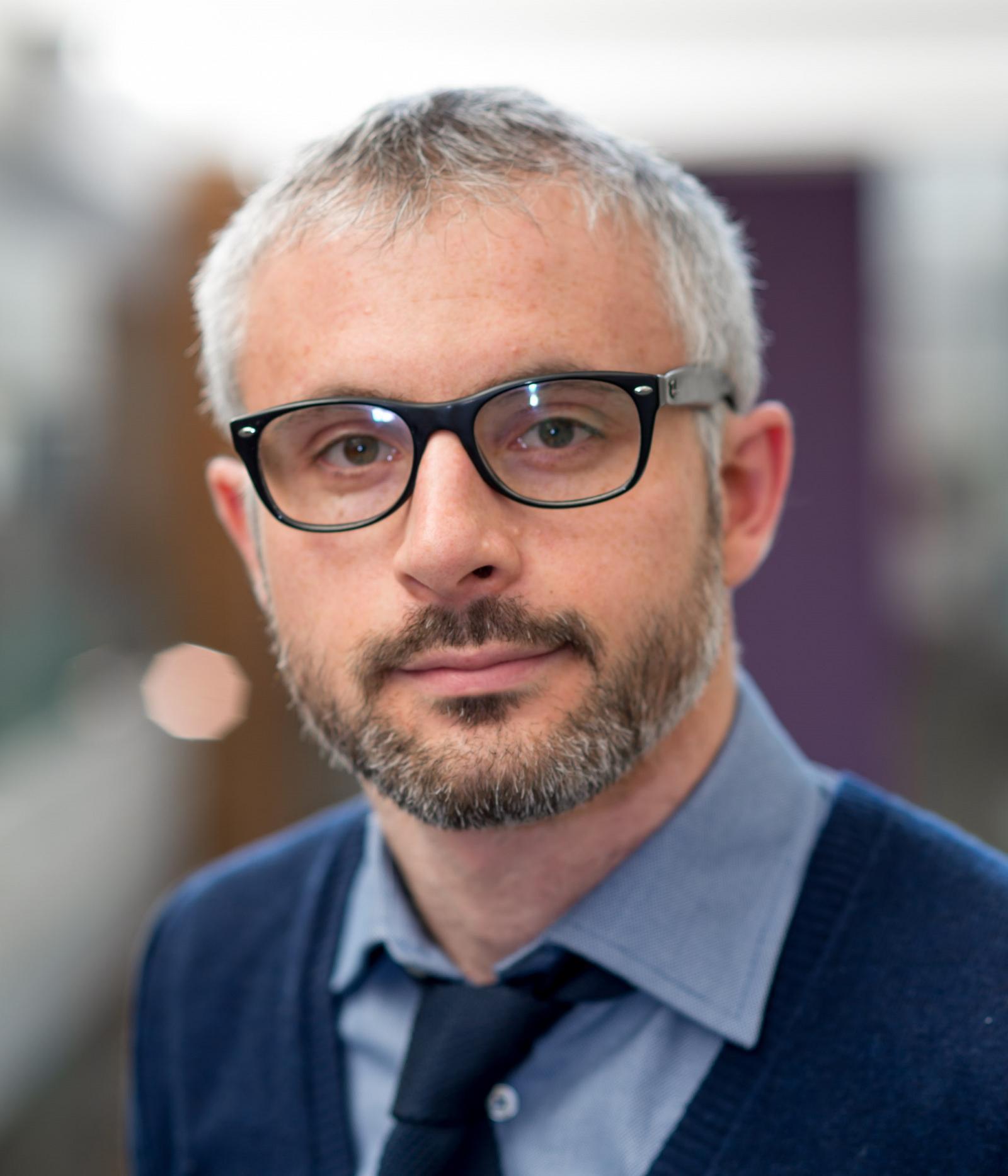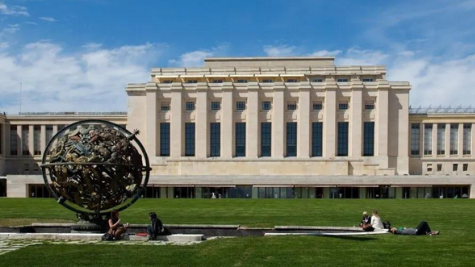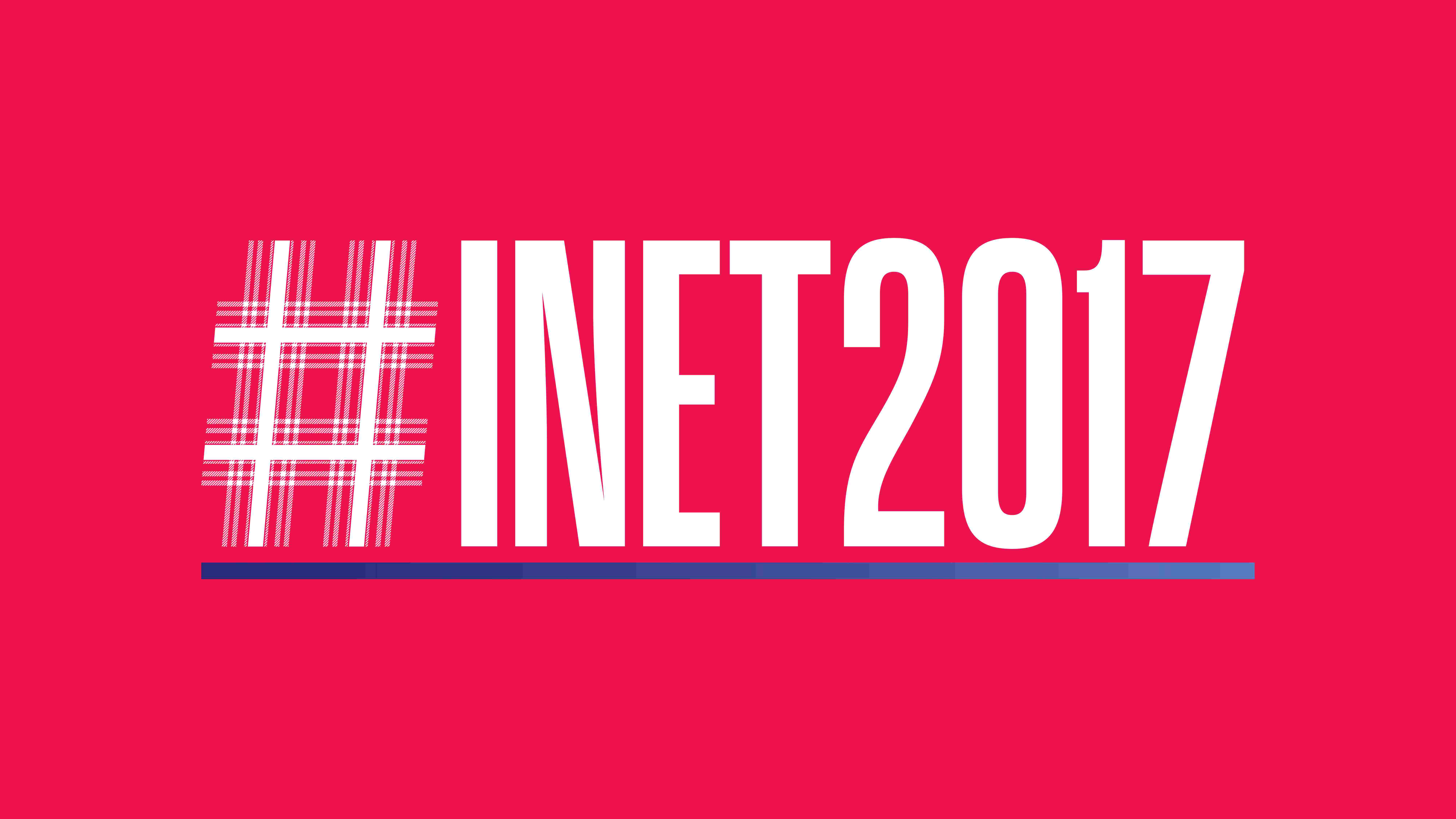Dr. Ariel Luis Wirkierman holds a Licentiate in Economics (University of Buenos Aires, Argentina), MSc. in Economics (National University of La Plata, Argentina) and PhD in Economics (Catholic University of the Sacred Heart, Italy).
Before joining the IMS he was a Research Fellow in Economics, Innovation and Growth at the Science Policy Research Unit (SPRU, University of Sussex) working on the European Commission Horizon 2020 ISIGrowth project. Within this project, he formulated and applied simulation models to analyse the role of the public sector in processes of technological competition. Previously, as a post-doc researcher at the Department of Mathematical Sciences, Mathematical Finance and Econometrics (Catholic University of the Sacred Heart, Italy), he designed and implemented algorithms and metrics to study Input-Output networks. Throughout his PhD he worked under the guidance of Professor Luigi L. Pasinetti, developing a framework to analyse technical progress rooted in Classical political economy and the Cambridge Keynesian tradition. Before his doctoral studies he was as an economic officer at the Ministry of Economy and Production of Argentina, focusing on Regional Input-Output Analysis.
His research focuses on the historical roots, theory advancement and applied analysis of structural interdependence within processes of economic and social change. Dimensions of this research include:
(i) the ways in which structural proportions (between industries, institutional sectors and countries) influence (through direct linkages or feedback loops), disturb (generating fluctuations) and/or constrain (through macroeconomic conditions) these processes;
(ii) the technological impulses and social implications related to changes in the sectoral structure of economies;
(iii) the debates in the history of economic thought (ranging from the circular/linear description of production techniques to the multisectoral foundations of the principle of effective demand to economic cybernetics) in which circularity and interdependence play a key role;
(iv) the design and implementation of empirical schemes to study global interdependencies at different levels of aggregation.



